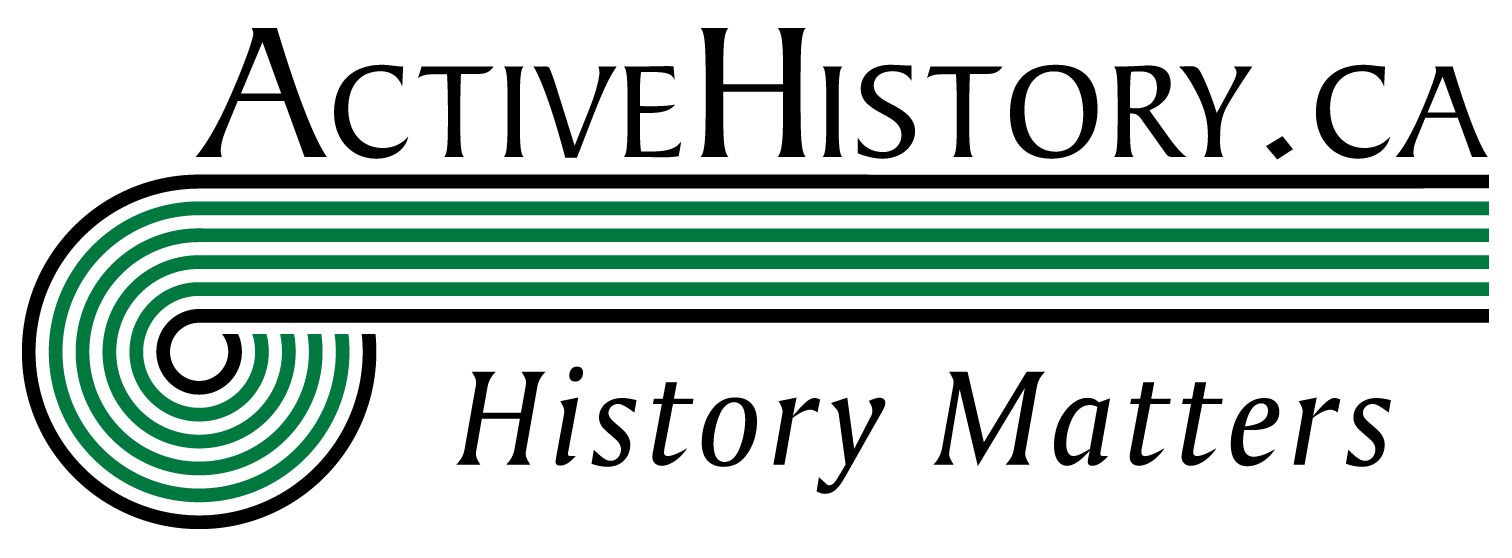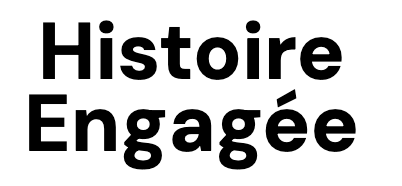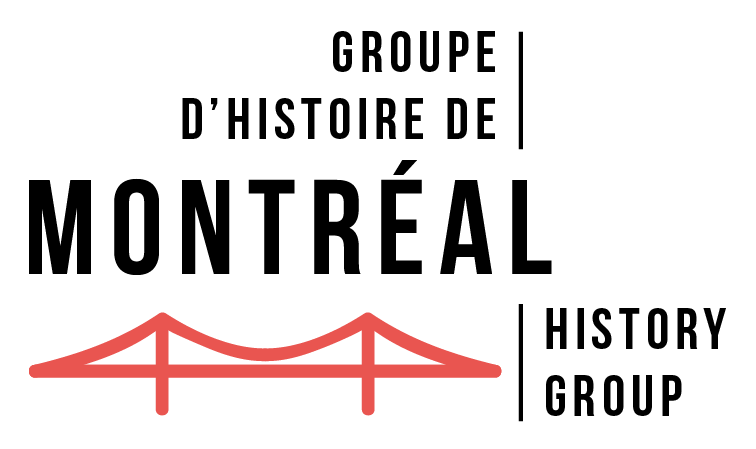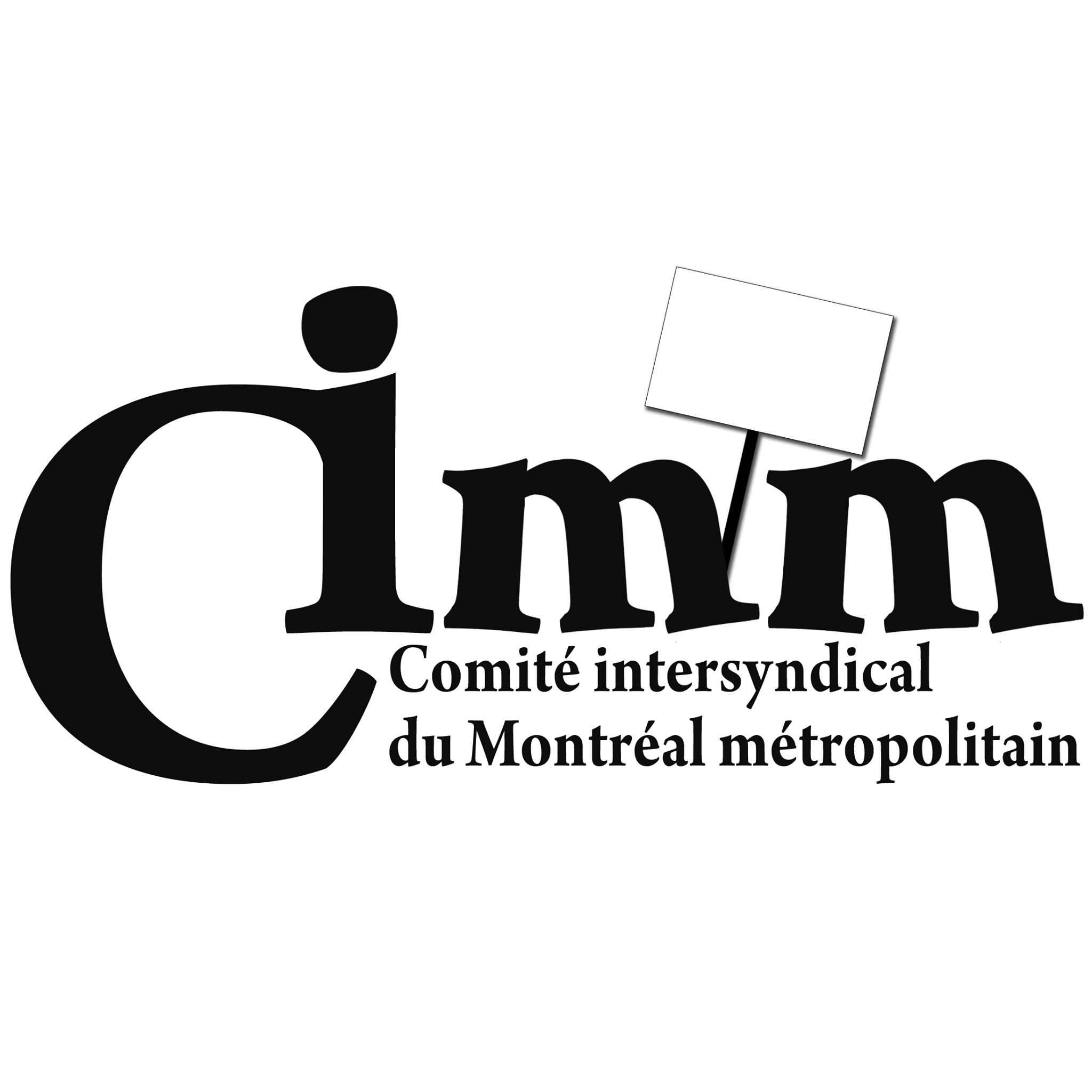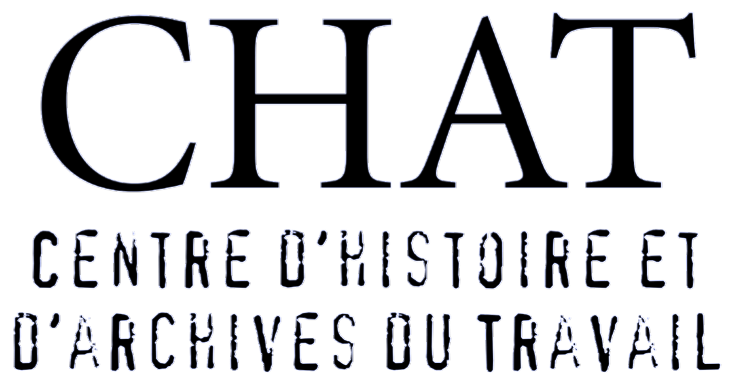Why Does Labour Matter?
The Past, Present, and Future of Labour
and Labour Studies
Organizing Committee
Partners
Land acknowledgment
Edward Dunsworth is an associate professor in the Department of History and Classical Studies at McGill University. A historian of labour, migration, and the left, Dunsworth is the author of Harvesting Labour: Tobacco and the Global Making of Canada’s Agricultural Workforce (McGill-Queen’s University Press, 2022; winner of the Henry A. Wallace Award, Agricultural History Society, United States) and a collaborator with the St. Lucian-Canadian activist and former migrant worker Gabriel Allahdua on his memoir, Harvesting Freedom: The Life of a Migrant Worker in Canada (Between the Lines, 2023; winner of the Speaker’s Book Award, Legislative Assembly of Ontario). An active public historian, Dunsworth is a member of the editorial collective at Activehistory.ca, a founding member of the Toronto Workers’ HistoryProject, and a frequent author of articles for broader audiences. His current research concerns left parliamentary politics and the politics of immigration in Canada.
Benoit Marsan est détenteur d’un doctorat en histoire. Il est chargé de cours au département d’histoire de l’Université du Québec à Montréal (UQÀM) et au département de relations industrielles de l’Université du Québec en Outaouais. Il est également chercheur affilié au Centre d’histoire des régulations sociales de l’UQÀM et membre du Comité exécutif du Comité canadien sur l’histoire du travail. Il est l’auteur de plusieurs travaux sur l’histoire du chômage et des sans-travail au Québec. En 2014, il a publié le livre intitulé « Battez-vous, ne vous laissez pas affamer » ! Les communistes et la lutte des sans-emploi pendant la Grande Dépression chez M éditeur. En 2026 paraîtra son plus récent ouvrage intitulé « L’heure des pétitions est passée » : les luttes des sans-travail au Québec, 1919-1939 chez McGill-Queen’s University Press.
Kirk Niergarth is co-editor of Labour/Le Travail and an Associate Professor of History at Mount Royal University in Calgary, Alberta. He is the author of ‘The Dignity of Every Human Being’: New Brunswick Artists and Canadian Culture Between the Great Depression and the Cold War (UTP 2015). His work on interwar Canadian cultural, social, political and immigration history has been featured in a variety of collections and journals including International History Review, International Journal, Journal of the Canadian Historical Association, Journal of Canadian Studies, Acadiensis, and Labour/Le Travail. He served as President of the CCLH between 2017 and 2021.
Martin Petitclerc est professeur au département d’histoire de l’Université du Québec à Montréal et directeur du Centre d’histoire des régulations sociales. Ses recherches et publications portent principalement sur l’histoire des inégalités sociales, des mouvements sociaux et de l’État social au Québec. Il a notamment publié, avec Martin Robert, Grève et paix. Histoire des lois spéciales au Québec (Lux éditeur en 2018), ouvrage qui a obtenu le prix du meilleur livre d’histoire politique de l’Assemblée nationale du Québec. Il a aussi dirigé la production de la cyberexposition Déjouer la fatalité sur l’histoire de la pauvreté et de la marginalité au Québec : https://dejouerfatalite.uqam.ca/
Camille Robert est stagiaire postdoctorale au département d’histoire de l’Université Concordia, où elle mène des recherches sur les mobilisations des infirmières d’origine caribéenne et philippine au Québec. Son projet de thèse, financé par une bourse d’études supérieures du Canada Vanier, portait sur les expériences des travailleuses de l’éducation et de la santé face au tournant néolibéral de l’État québécois. En 2017, elle a publié Toutes les femmes sont d’abord ménagères. Histoire d’un combat féministe pour la reconnaissance du travail ménager aux Éditions Somme toute. Elle a également codirigé, avec Louise Toupin, l’ouvrage collectif Travail invisible. Portraits d’une lutte féministe inachevée, paru en 2018 aux Éditions du remue-ménage. Elle est membre du comité éditorial d’HistoireEngagée et du comité de rédaction de la revue Labour/Le Travail.
Joan Sangster is Vanier Professor Emeritus, Trent University, where she taught in Gender and Women’s Studies, History, and Canadian Studies. She has written articles and monographs dealing with working women, the labour movement, the history of the Left, the criminalization of women and girls, settler Indigenous relations, and feminist ideas and movements. A past associate editor of Labor: Studies in Working-Class Histories of the America and co-editor of Labour/le Travail, her publications on labour include Transforming Labour: Women and Work in Postwar Canada and co-edited collections, Workers in Hard Times: A Long View of Economic Crises and The Violence of Work: New Essays in Canadian and US Labor History. Her recent monograph, Demanding Equality: A History of Canadian Feminism (2021) won the CHA/SHC’s Hilda Neatby prize for the best book in women’s and gender history.
We would like to thank our partners for their invaluable support in organizing the conference.
Academic partners
Union partners
Museums & archive centers
Website by Quentin Castellano
This event will take place in the territory of Tio’tia:ke, known by its colonial name of Montreal, which was never ceded by treaty. We recognize the Kanien’kehá:ka Nation as the custodians of the land and waters of Tiohtià:ke. This territory has long been a place of life and gathering for many First Nations. It is therefore essential to recognize the strong ties that bind the Anishinaabe Nation to this territory, known to this people as Mooniyan. Even today, many Indigenous peoples live on this territory, and we are committed to respecting the ongoing connections to the past, present, and future in our relationships with Indigenous Peoples and other members of the Montreal community.
